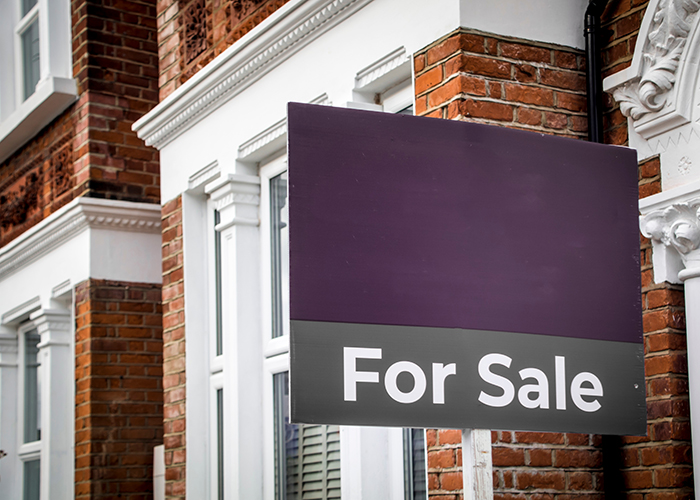
On an annual basis, the average sale price of completed home transactions in England and Wales in June 2023 rose by £4,500, or 1.2%, and now stands at £371,204.
According to the June House Price Index for England and Wales from e.surv, this is the lowest rate of annual increase since May 2020, and is the tenth month in succession in which the annual rate of price inflation has fallen.
On a monthly basis, the average price dropped in June 2023 by £970, or just 0.3%, but this was the third-largest monthly fall in prices of 2023 and the fifth in succession.
In fact, average house prices have risen by around £56,000, or 18%, since the start of the pandemic in March 2020 – so some perspective is required when commenting on the extent of the current price falls.
However, over this same time span the CPIH Index has risen by 19% – so in real terms the average house price has fallen by 1% since March 2020, but it is doubtful if any other asset classes will have achieved a return equal to or greater than these inflation levels over the same time period.
The report points out that at the moment, although rising rates have led to a modest increase in mortgage arrears, there is little evidence of a surge in repossessions – even though they are up – but from a very low base.
Many borrowers are still insulated from rising rates by having longer-term fixed rates, and of course many existing borrowers had to pass the stringent additional 3% stress test to get a loan.
These in conjunction with existing forbearance measures – underlined recently by the new Mortgage Charter – should mean we are unlikely to see any serious spike in repossessions which in the past have been significant in driving down house prices.
According to e-surv, house prices are easing back in part because buyers are negotiating hard, given their own affordability pressures. However, there is little sense yet of a major market correction.
Much turns on developments in the wider economy, and of course on any politically driven intervention in the housing market.
At the moment the most serious signs of stress are showing in the rental market, and where the Bank of England has now recognized that while many home buyers may be insulated from their rate rises for a while (and of course the majority of home owners don’t have a mortgage), the reliance of interest-only mortgages in the unregulated Buy to Let market does mean the transmission mechanism is more direct and immediate.
As e-surve director Richard Sexton comments: “Given the growth in house prices over the last few years, our data, which includes cash purchases, shows a resilient picture”.
He adds: “Cash purchases matter when borrowing costs are rising at such a rate. There remains too little of the right kind of property and the reduction in expected house building figures over the coming months will do nothing to alleviate the lack of supply which continues to support prices”.



